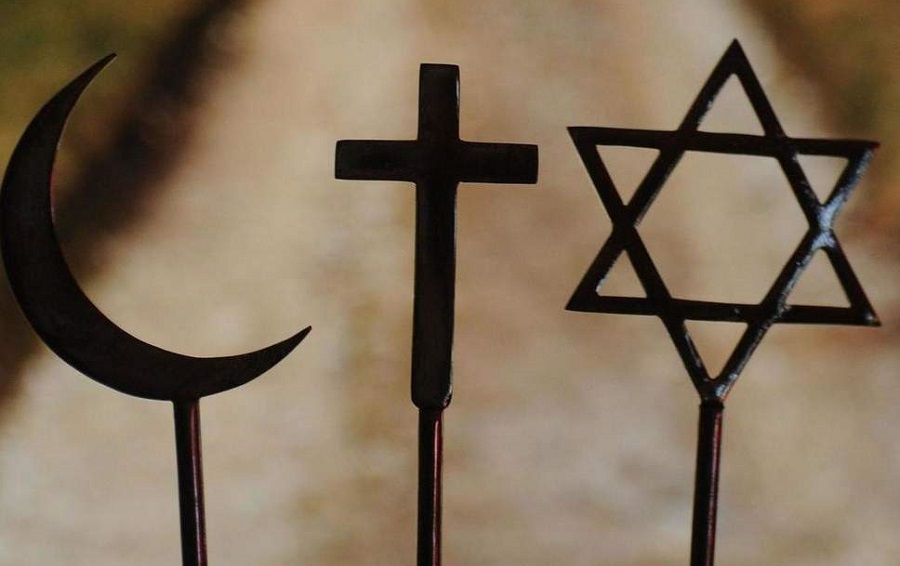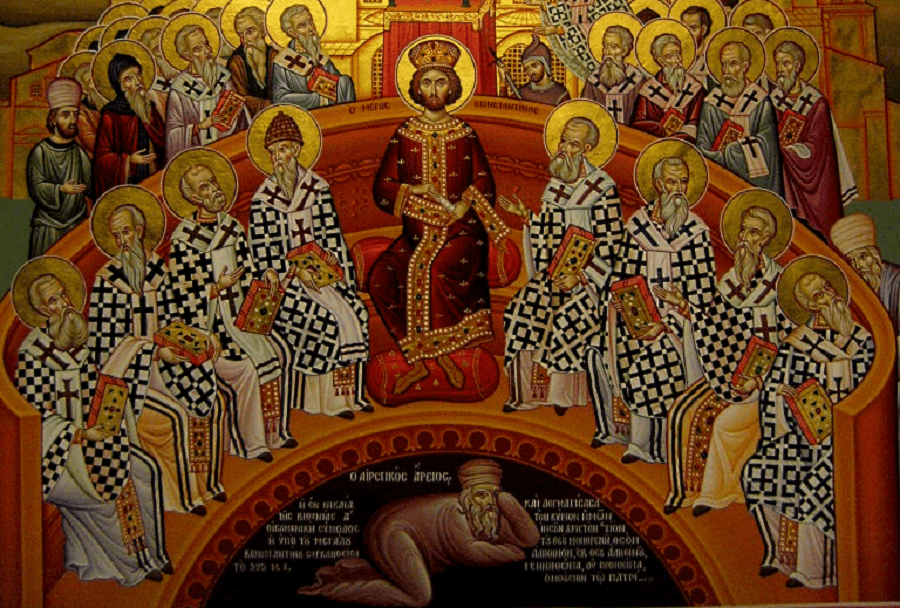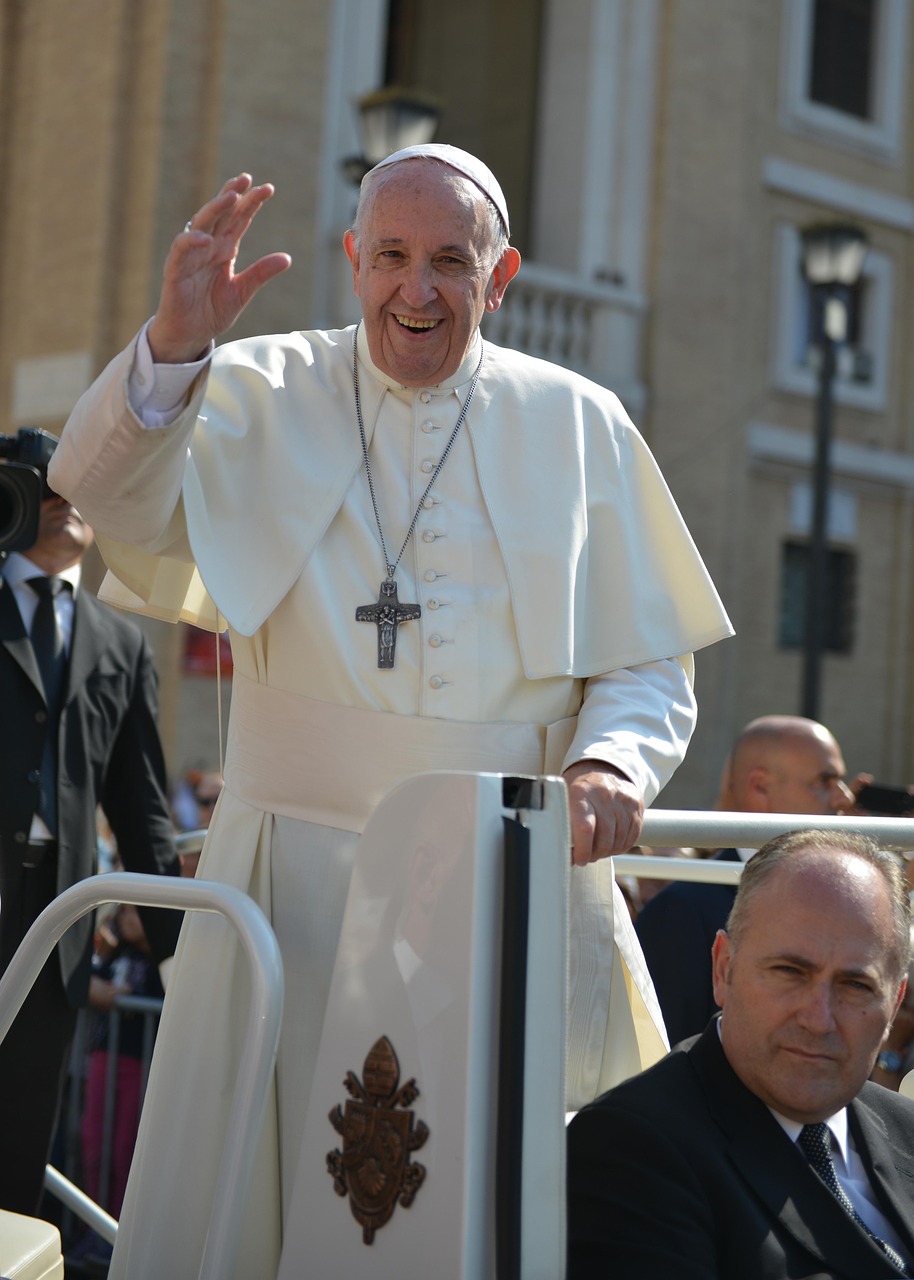
On May 22, the Deutsche Forschungsgemeinscahft (DFG), together with the Council of Sciences, announced which departments of excellence at German universities would receive federal funding for the seven-year period 2026-2033. Since then, the failure to renew funding for the Department of Excellence “Religion and Politics” at the University of Münster – active since 2007 with a series of research projects that had made it a point of reference in the European academic landscape – had caused quite a stir and considerable concern.
In a press release dated May 30, the DFG announced the specific profile of the 25 new departments of excellence whose research and structure will be funded (45 have been extended for a further seven years). Of these new departmental projects, only 10% can be classified as humanities, and there is a complete absence of theology (Jewish, Christian, and Muslim).
This decision clearly runs counter to the detailed document published by the Council of Sciences in February 2010, “Recommendations for the Development of Theologies and Disciplines Related to Religion at German Universities”. This text represented clear and decisive support for academic research on religions and faiths at the universities of the Federal Republic, recognizing its significance and public importance for the social dynamics of our time.
In a joint press release, the associations of Catholic and Protestant theological faculties, together with the Association of Philosophy Faculties, stated that “the DFG’s research funding program is not adequate to meet the current political and social challenges facing individual states and international organizations.”
On the one hand, there is a perception of religion solely as a negative phenomenon, which is clearly not seen as significant in relation to the processes of deconstruction of Western democracies and global political and social configurations. On the other hand, even with regard to this one-sided perspective, there has been a failure to call upon specific academic expertise to provide an adequate interpretation of the phenomena at work.
The three associations then emphasize that “theologies, starting from their perspective within faiths and religious communities, can identify the constructive potential of the contribution that people with religious experience can make to fruitful coexistence within religiously diverse societies.”
The orientation of DFG funding to German departments of excellence also seems to have some connection with the reorganization of ministries carried out by Chancellor Merz. On the one hand, research, technology, and astronautics have been grouped together in the corresponding ministry; while on the other hand, education (schools and universities) has been assigned to the Ministry for Family Affairs, Senior Citizens, Women, and Youth.
This choice indicates a clear tendency to align research (including academic research) with the production of technology, formally enshrining at the federal government level a trend that has been underway for decades: namely, the supremacy of the natural sciences due to their ability to generate financial returns by trading technological products.
The result is an idea, explicitly stated by the DFG, of academic research as a ‘highly competitive’ process that pits various departmental projects against each other, which in turn are evaluated/rewarded on the basis of the commercial viability of their products. Furthermore, there is an increasingly clear understanding of knowledge as something empirically verifiable – leaving aside what may be the forces underlying the empirical phenomena that are shaking the current world order. This also includes religion.
The decision to exclude religion completely as a specific research subject carried out by German departments of excellence is surprising, especially when one considers the (mis)use of religion itself in the myriad geopolitical conflicts that are dismantling our global order. This is also reflected in the statement by the humanities associations: “In order to manage social and political crises, it is absolutely necessary to engage with religious dynamics and, at the same time, analyze the significance of religions within democratic societies.”









